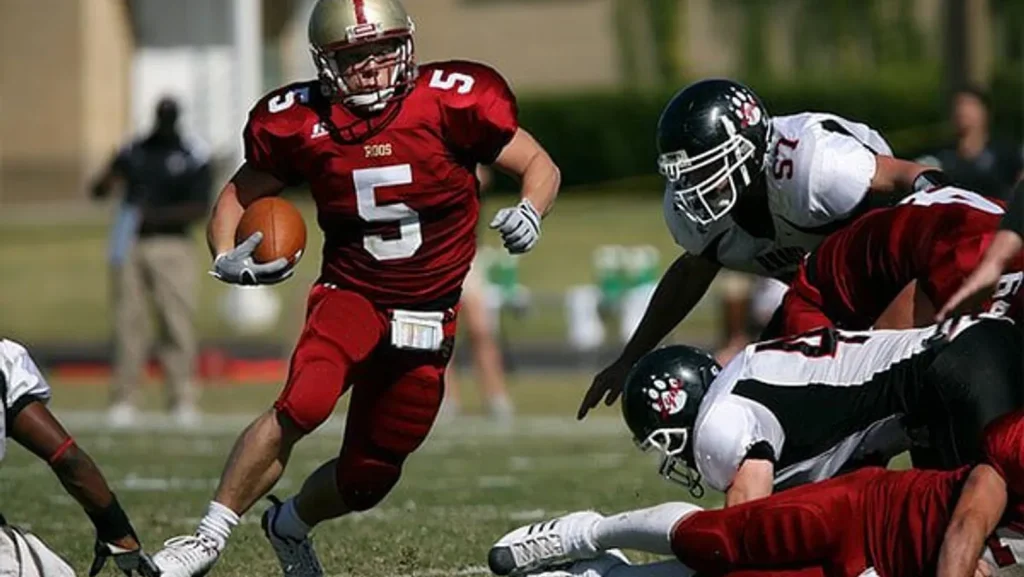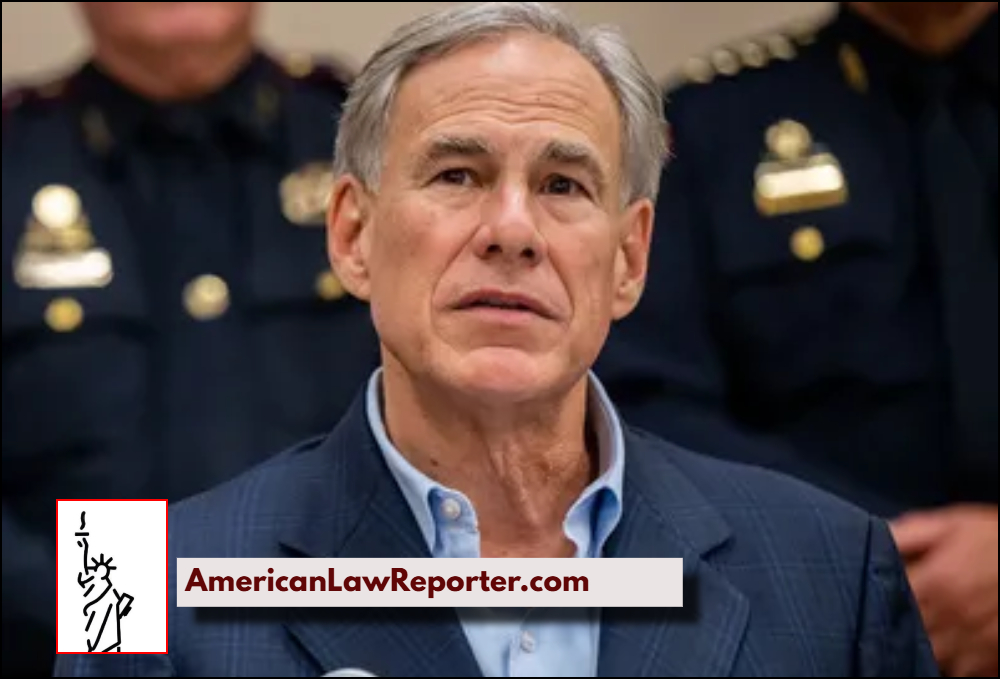Texas Governor Greg Abbott has signed House Bill 126 into law, launching a new era in student-athlete compensation that allows direct payments from universities to athletes for the use of their name, image, and likeness (NIL).
The bill, which received overwhelming bipartisan support in both legislative chambers, goes into effect immediately and is being hailed as a game-changer for college and high school sports in the state.
The law amends the state’s previous NIL legislation, which restricted athletes to third-party brand deals, and now permits revenue sharing directly from schools—up to $20.5 million annually—beginning with the 2025–2026 academic year. The new measure positions Texas colleges like UT Austin, Texas A&M, SMU, and Texas Tech to offer competitive NIL packages that rival any program in the country.
“Gov. Abbott was proud to sign HB 126 into law to ensure that Texas athletes are able to be properly compensated for their efforts,” said Andrew Mahaleris, press secretary for the governor.

Key Changes Under the New Law
- Immediate effect: Athletes over age 17 who are enrolled in college can now sign NIL contracts directly with universities.
- High school athletes aged 17+ are also eligible to begin building their brand legally before enrolling in college.
- Revenue sharing: Colleges can use up to $20.5 million annually to compensate athletes over a 10-year period.
- Recruiting allowed: Unlike the previous law, NIL revenue can now be used as part of recruitment strategies.
National Ripple Effect
Texas is not alone. Ohio and Arkansas have recently enacted similar laws, while Alabama, Georgia, and Florida are promoting bills that exempt NIL earnings from state income tax. Industry experts expect California and Oklahoma to respond with legislation to stay competitive.
Supporters of the bill say it’s necessary to keep Texas schools from falling behind in athlete recruitment.
“We will be killing college football in Texas if we do not pass this bill,” warned Rep. Carl Tepper, the bill’s author, in April.
Meanwhile, Texas A&M head football coach Mike Elko expressed concern that failure to pass the bill would put his program at a disadvantage compared to out-of-state rivals already embracing revenue-sharing models.
New Era in Student-Athlete Economics
Though concerns about compliance and recruiting ethics remain, many agree this legislation brings what was once a murky underground practice into full legal view. For families of talented athletes in Texas, the stakes—and opportunities—have never been higher.
“This isn’t just about sports,” said one NIL analyst. “This is business—and Texas just declared itself open for it.”

